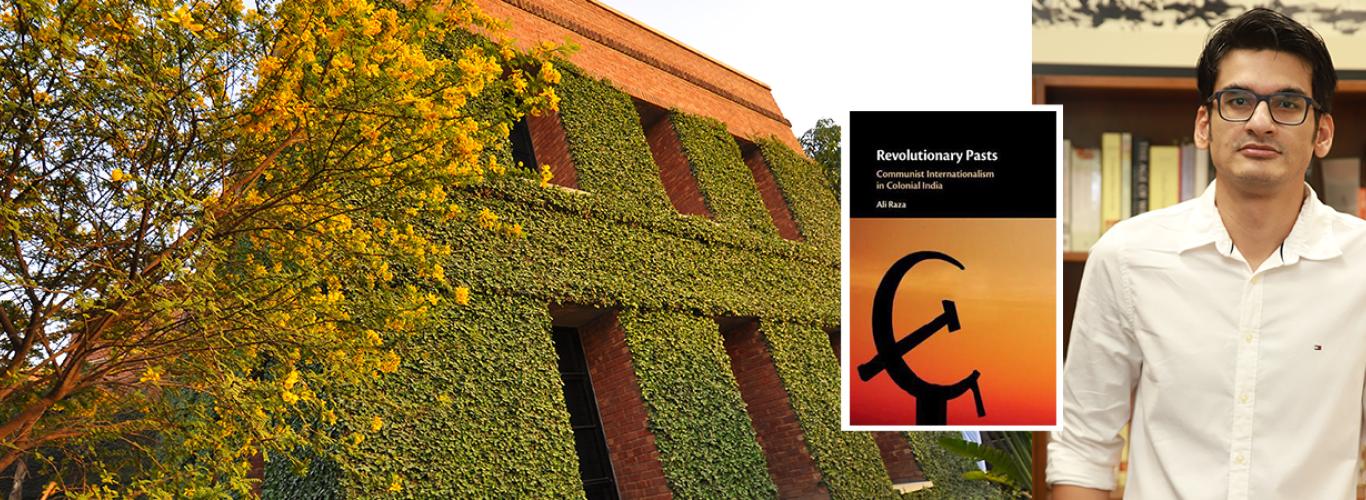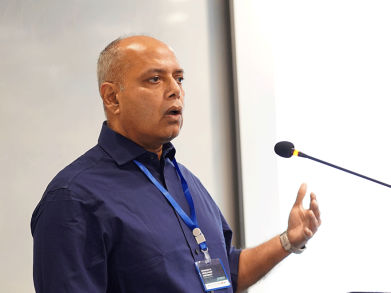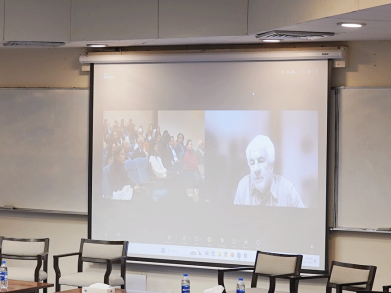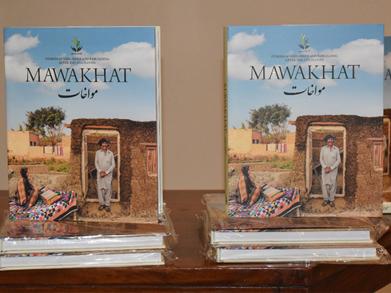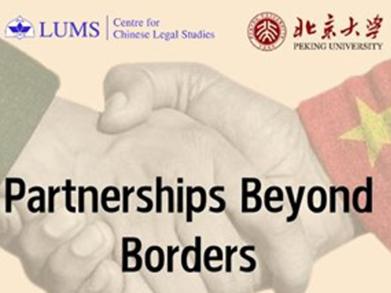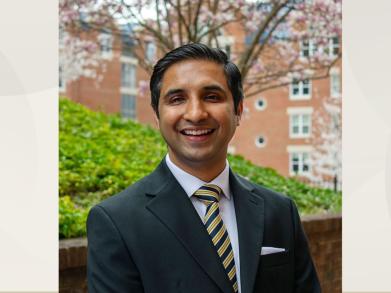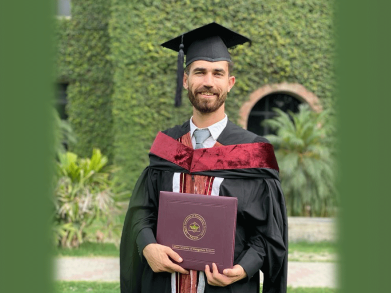In Conversation with Dr. Ali Raza, author 'Revolutionary Pasts: Communist Internationalism in Colonial India'
Is reality more incredulous than fiction? Dr. Ali Raza’s book, Revolutionary Pasts: Communist Internationalism in Colonial India makes it seem very likely. The book is an ode to the lives of revolutionaries, of men from humble abodes with dreams of freedom, who struggled all their lives to help create a utopia.
Neglected by historians, these distinguished individuals have long been scorned from official historical records of colonial India. Dr. Raza’s narrative embraces them, and highlights the many varying visions and dreams associated with freedom and national liberation in South Asia.
“What ought this freedom to be, and what does it look like?” asks Dr. Raza, Associate Professor at the School of Humanities and Social Sciences. “There was an astonishing diversity in the range of visions and dreams associated with national liberation. From the turn of the century onwards, colonised peoples from South Asia and the wider colonised world affiliated themselves with global struggles against European imperialism. In that sense, Communist Internationalism was the greatest global struggle against European imperialism in the 20th century.”
The book meticulously charts the history of the communist movement in colonial India. But at the heart lies the historical account of people who struggled to be liberated from empire and capitalism, as well as the demons within.
“My book is about incredible journeys and incredible lives; but what astounds me the most is how ordinary these lives are at the same time. Apart from looking at the many variations, understandings, and politics of Communist Internationalism in Colonial India, the book focuses on the utopias, dreams and imaginations of the individuals tied to it.”
It was a daunting task all in all, as Dr. Raza wished to do justice to the lives of these larger than life characters he was writing about. “It was a joy to trace these stories in the archives. Unfortunately, most archival documents only present these individuals as criminals or traitors, basically seditious individuals. And far too often they are portrayed as madmen or fanatics too. The challenge was to read the documents from other perspectives and not just echo colonial accounts.”
Reliving the astounding and incredible journeys, one character in particular resonated with Dr. Raza.
“I am most drawn to the leftist leader Ameer Haider Khan, also called Dada. Born in the year 1900, he runs away from home when he is 13-14 because of an abusive stepfather, reaches Bombay and manages to get himself assigned on a merchant ship as a lashkar for a few years. He jumps ship in New York, travels the States and finds himself a job in Detroit where he joins the communist party. From there he is sent along with other American cadres to Moscow, and a few years later lands back in Bombay where he sets up a communist cell.”
Dada was one from among millions, driven by this dream of global revolution. When you end up chasing these people all across the world, individuals whose lives were shaped and forged through a distinct expectation of a revolution, you do get attached, he explained.
Dr. Raza also delved into the responsibility one feels when narrating marginalised histories; there seems to be an ethical burden on how to tell those stories, he explained. “As a historian you always have to perform this double act: that of being situated in one’s own time and at the same time, the professional responsibility of trying to step out and inhabit someone else’s time and their horizons. This shuttling back and forth between the now and the then is a tremendous responsibility.”
For Dr. Raza, the book can be used to make sense of the contemporary context we exist within and that’s what he wants people to take away from it. “We need these histories, to understand where we are, what they offer to us in the present, how we got here and how we move from here. We need to take away from these stories what alternate visions of freedom look like. We suffer from a crisis of imagination if we continue to stick to sanitised and impoverished histories.”
Revolutionary Pasts: Communist Internationalism in Colonial India has been published by the Cambridge University Press.

